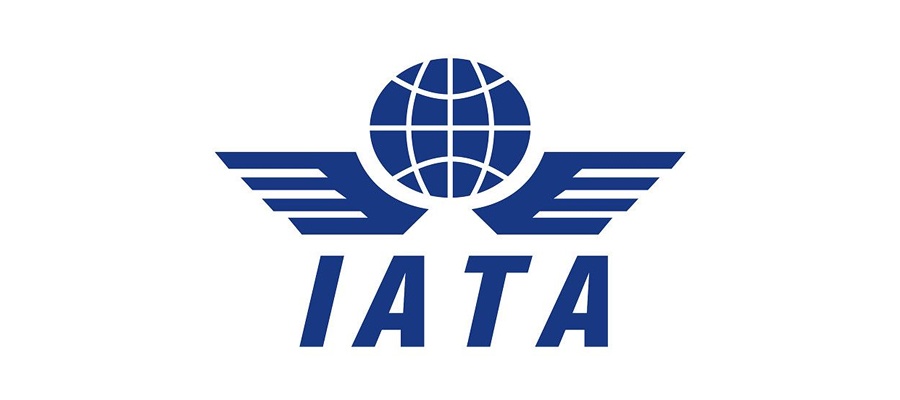The International Air Transport Association (IATA) released updated analysis showing that the COVID-19 crisis will see airline passenger revenues drop by $314 billion in 2020, a 55% decline compared to 2019.
On 24 March IATA estimated $252 billion in lost revenues - 44% lower than 2019 - in a scenario with severe travel restrictions lasting three months.
The updated figures reflect a significant deepening of the crisis since then, and reflect the following parameters; severe domestic restrictions lasting three months, some restrictions on international travel extending beyond the initial three months and a worldwide severe impact, including Africa and Latin America (which had a small presence of the disease and were expected to be less impacted in the March analysis).
Full-year passenger demand is expected to be down 48% compared to 2019 for two main reasons – firstly the world is heading for recession, says IATA.
“The economic shock of the COVID-19 crisis is expected to be at its most severe in Q2 when GDP is expected to shrink by 6% (by comparison, GDP shrank by 2% at the height of the Global Financial Crisis).
Passenger demand closely follows GDP progression. The impact of reduced economic activity in Q2 alone would result in an 8% fall in passenger demand in the third quarter,” said IATA.
Secondly IATA said that travel restrictions will deepen the impact of recession on demand for travel. The most severe impact is expected to be in Q2. According to IATA, as of early April, the number of flights globally was down 80% compared to 2019 in large part owing to severe travel restrictions imposed by governments to fight the spread of the virus.
Domestic markets could still see the start of an upturn in demand beginning in the third quarter in a first stage of lifting travel restrictions. International markets, however, will be slower to resume as it appears likely that governments will retain these travel restrictions longer.
“The industry’s outlook grows darker by the day. The scale of the crisis makes a sharp V-shaped recovery unlikely. Realistically, it will be a U-shaped recovery with domestic travel coming back faster than the international market. We could see more than half of passenger revenues disappear.
That would be a $314 billion hit. Several governments have stepped up with new or expanded financial relief measures, but the situation remains critical. Airlines could burn through $61 billion of cash reserves in the second quarter alone. That puts at risk 25 million jobs dependent on aviation. And without urgent relief, many airlines will not survive to lead the economic recovery,” said Alexandre de Juniac, IATA’s chief executive.

